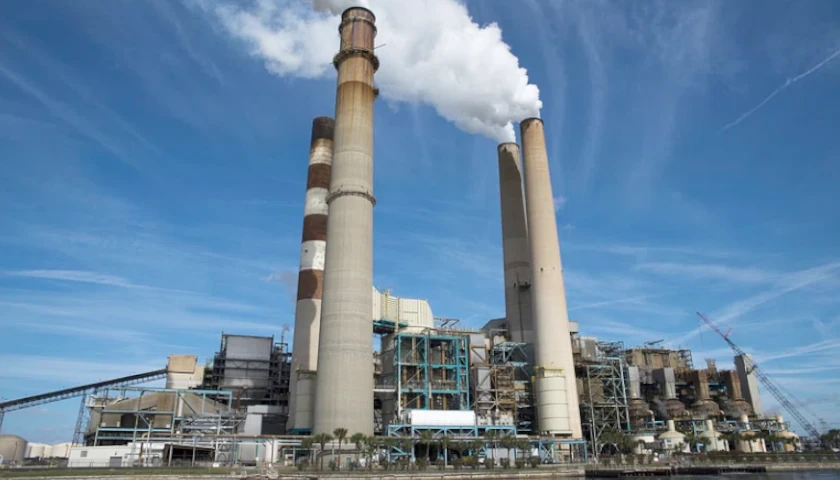by Austin Gae
It’s summer, and the Sierra Club says: “This is climate change in action. We are living it.”
The United Nations’ secretary-general declares that “a fossil fuel phaseout is inevitable.” And The Lancet, a respected medical journal, insists that nations must swiftly transition away from hydrocarbons.
These groups call for reducing use of fossil fuels to tackle the climate crisis. But the downside of reducing fossil fuels is that poverty would rise, especially in emerging economies.
In emerging economies, energy poverty deprives hundreds of millions of people of a decent quality of life.
Over 700 million globally lack access to electricity, most of them in sub-Saharan Africa. About 2 billion still rely on solid fuels such as wood and dung for cooking, leading to around 3.2 million premature deaths annually from harmful pollutants.
In many regions, women and children spend an average of 1.4 hours every day collecting these fuels, and even more time cooking on inefficient stoves.
Energy poverty deprives emerging economies of opportunities to grow. Modern economies rely on cement, steel, plastics, and fertilizers, often termed “four pillars of civilization.” These pillars are essential for infrastructure (such as highways and factories) and basic goods (such as refrigerators and food).
Fossil fuels provide the high temperature needed for cement production, turn iron to steel, convert to petrochemicals such as ethylene and propylene to make plastics, and produce ammonia for fertilizers.
Therefore, in an energy-impoverished world, people want more fossil fuel.
Maggy Shino, petroleum commissioner of Namibia, speaking at the U.N.’s 27th climate change conference, called COP 27, perfectly summed up what many Africans think: “Africa,” she said, “wants to send a message that we are going to develop all of our energy resources for the benefit of our people because our issue is energy poverty.”
India, the world’s most populous country, with 1.4 billion people, understands the need for greater use of fossil fuels. India’s per capita energy consumption is merely 20% of China’s and 8% of America’s.
India’s fossil fuel consumption increased by 8% in 2023. For the first time, India used more coal than North America and Europe combined.
U.S. electric utilities have doubled projections for additional electricity needed by 2028, primarily driven by an explosion in the number of data centers. America will require an additional 38 gigawatts of electricity, equivalent to about 38 typical nuclear power plants, within the next five years to meet this demand.
Similarly, other modernized economies are experiencing increased energy demands because of technological advancements and growing digitalization.
To meet the explosive increase in global energy demand, fossil fuels and nuclear power remain the most cost-effective sources. Renewable energy sources, especially solar and wind, are not reliable on their own because they are intermittent and require fossil fuel backups.
Additionally, while solar and wind power primarily generate electricity, fossil fuels offer versatility by being suitable not only for generating electricity but also for transportation, heating, industrial processes, and materials. The belief that renewable energy can replace fossil fuels and meet explosive energy demand is unrealistic.
The International Energy Agency projects that global demand for fossil fuels will peak before 2030. However, that’s simply driven by wishful thinking rather than reality.
Instead, fossil fuel demand will continue to grow in the decades ahead as developing countries increase their energy consumption to alleviate poverty and as developed nations expand their digital economies, especially with the rise of artificial intelligence.
Americans shouldn’t fall into the misguided view that the age of fossil fuels is ending. In reality, fossil fuels are essential for both the developing and developed worlds, fostering prosperity and economic growth.
– – –
Austin Gae is a research associate in the Center for Energy, Climate, and Environment at The Heritage Foundation.




